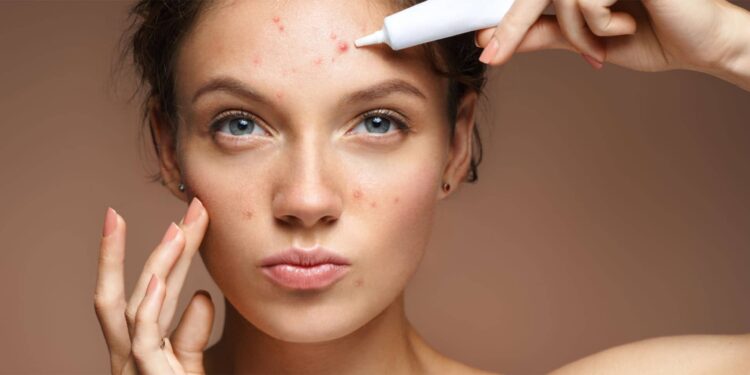Acne is a common skin concern that affects people of all ages, from teenagers to adults. While there are countless products and treatments on the market promising instant results, finding what truly works for your skin can feel overwhelming. The key to effectively managing and reducing acne is understanding its root causes and using a combination of science-backed skincare, lifestyle habits, and natural remedies. In this blog, we’ll explore proven solutions for preventing breakouts, soothing irritated skin, and achieving a clear, healthy complexion.
Understanding the Causes of Acne
Before diving into solutions, it’s important to understand why acne occurs. Acne forms when hair follicles become clogged with oil, dead skin cells, and bacteria. Factors that contribute to breakouts include hormonal fluctuations, diet, stress, and improper skincare routines. While genetics also play a role, proactive habits can make a significant difference in managing and preventing acne.
1. Cleansing with Care
Keeping your skin clean is the first step in preventing and treating acne. However, over-washing or using harsh cleansers can strip the skin of its natural oils, leading to irritation and increased oil production. Choose a gentle, non-comedogenic cleanser that removes dirt and impurities without causing dryness. Wash your face twice daily—morning and night—and always cleanse after sweating to prevent clogged pores.
2. Exfoliate Wisely
Exfoliating helps remove dead skin cells that can clog pores, but it’s essential to do so gently. Use products with chemical exfoliants like salicylic acid or glycolic acid, which penetrate the pores and help prevent breakouts. Limit exfoliation to 2-3 times a week to avoid over-irritating the skin.
3. Moisturize Daily
One common myth is that moisturizing acne-prone skin leads to more breakouts. In reality, skipping moisturizer can cause the skin to produce more oil to compensate for dryness. Choose a lightweight, oil-free moisturizer with hydrating ingredients like hyaluronic acid or glycerin to keep your skin balanced and prevent breakouts.
4. Spot Treatments and Active Ingredients
Targeted spot treatments can help reduce the size and redness of pimples. Look for products with active ingredients such as:
- Benzoyl Peroxide: Reduces acne-causing bacteria and helps clear blocked pores.
- Salicylic Acid: Exfoliates the skin and keeps pores clear.
- Retinoids: Help accelerate cell turnover and prevent clogged pores.
Apply these treatments sparingly to affected areas to minimize irritation.
5. The Role of Diet in Acne
What you eat can impact your skin’s health. Diets high in refined sugars and dairy products have been linked to acne flare-ups in some individuals. Incorporating foods rich in vitamins and antioxidants—such as fruits, vegetables, and omega-3 fatty acids—can help maintain clearer skin. Drink plenty of water to stay hydrated and support skin detoxification.
6. Stress Reduction Techniques
Stress triggers hormone production that can increase oil production and worsen acne. Managing stress through practices like yoga, meditation, or deep-breathing exercises can positively impact your skin. Taking time to unwind can reduce flare-ups and contribute to overall well-being.
7. Natural Remedies to Consider
Certain natural ingredients can help soothe acne-prone skin. Tea tree oil, known for its antibacterial properties, can be applied as a spot treatment (diluted with a carrier oil to prevent irritation). Aloe vera’s soothing and anti-inflammatory properties make it a great choice for calming redness and irritation.
8. Professional Treatments for Stubborn Acne
For persistent or severe acne, seeking professional help is key. Dermatologists can provide treatments such as chemical peels, extractions, laser therapy, or prescription medications like topical retinoids and oral antibiotics. Consulting a professional ensures that you receive personalized advice and access to medical-grade treatments.
Final Thoughts: Effective acne management is not about a one-size-fits-all solution but rather a combination of tailored skincare, healthy lifestyle habits, and, when necessary, professional treatments. Be patient with your skin—results take time, and consistency is crucial. With the right approach, you can achieve clearer skin and the confidence that comes with it.












